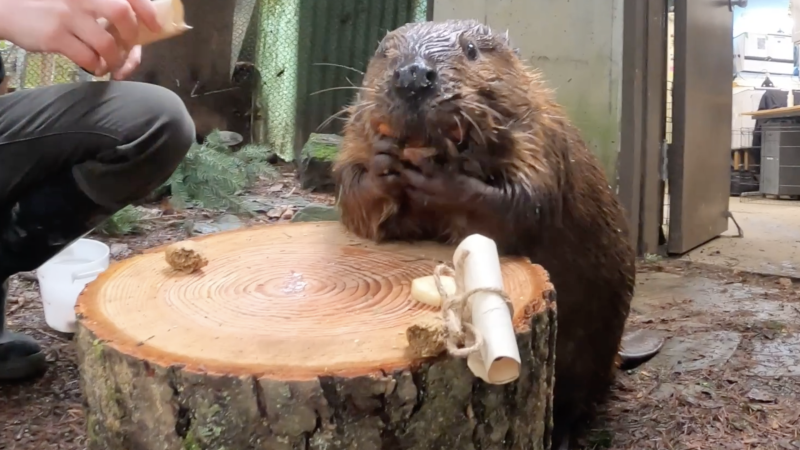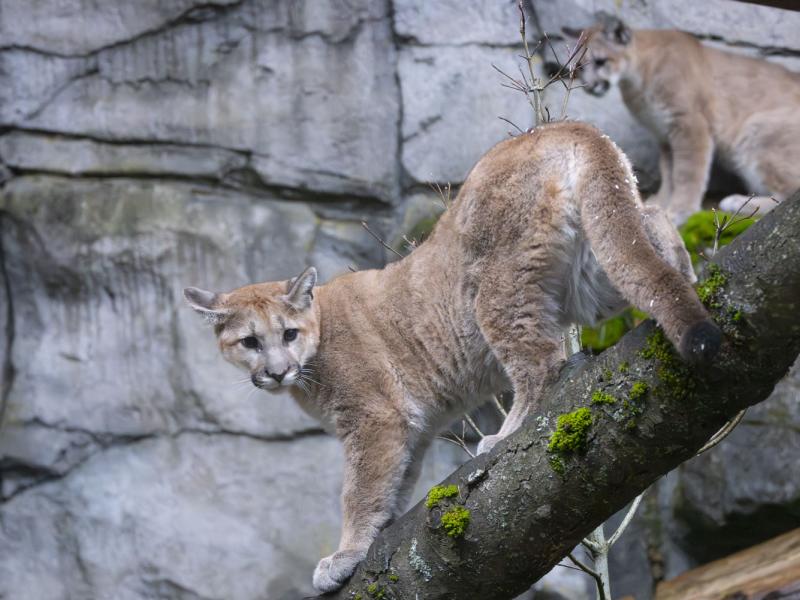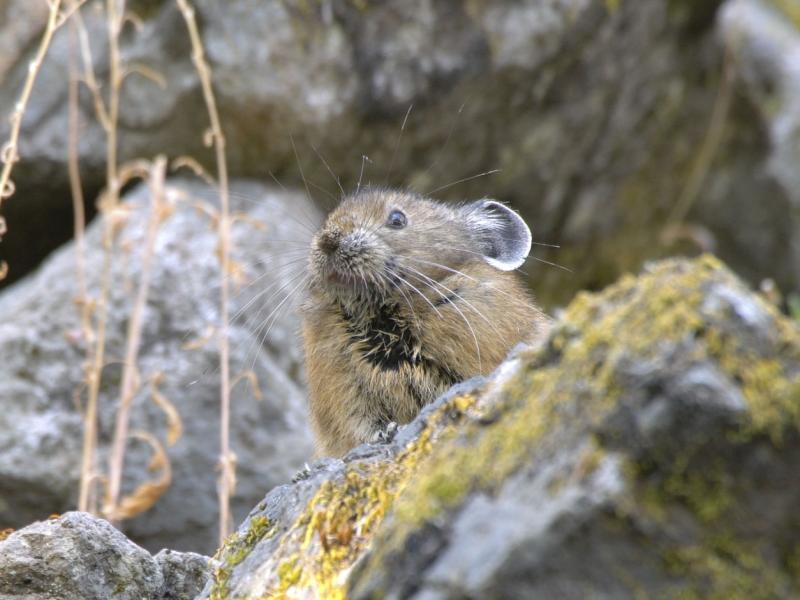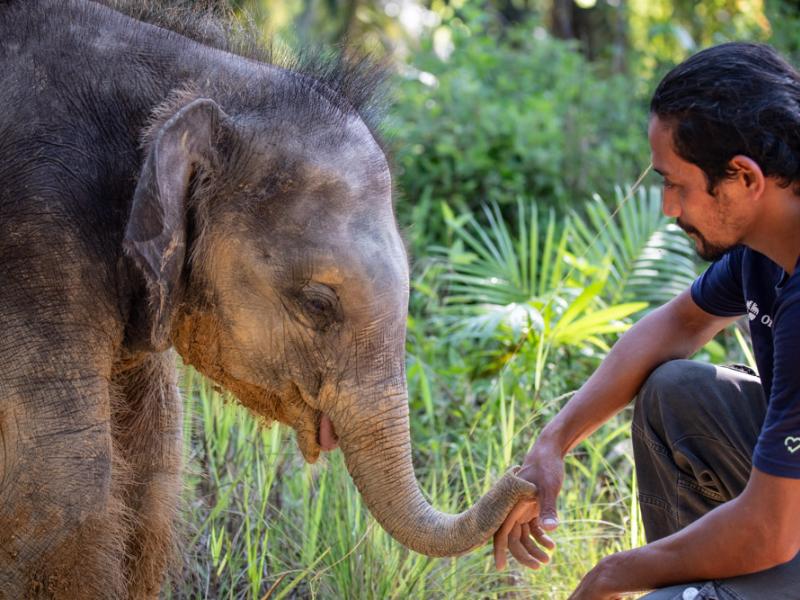
Filbert the beaver has made his furcast; Northwesterners break out their sandals
Put the parkas away, Portlanders. Filbert the beaver — aka Stumptown Fil — has made his weather prediction at the Oregon Zoo: spring will beavery early this year.
Though Feb. 2 is widely known as Groundhog Day, when it comes to furry forecasters, Filbert’s care staff (and social media fans) prefer their local beaver.
“We love groundhogs, but they aren’t native to the Pacific Northwest, and they don’t create wetlands,” said Christina Parr, a keeper in the zoo’s North America section. “Here in Oregon, we’re beaver believers.”
Filbert made his forecasting debut in 2020, and Parr says that while his predictions aren’t perfect, but they’re about as accurate as you can hope for from a weather beaver.
“Last year, Filbert predicted six more weeks of winter, and later that month we had a huge snowstorm,” Parr said. “He may not be a professional furcaster but he’s right about half the time!”
Even if meteorology doesn’t end up being Filbert’s strong suit (it did take him a few passes to stop at the weather stump this year), he does a great job connecting people with one of Oregon’s most iconic and misunderstood animals, according to Parr.
Born at the zoo in 2011, Filbert and his lodge-mate Maple have acquired thousands of fans on the zoo’s social media channels, where their industrious wood-gathering activities have earned them the title “branch managers.” The pair are currently starring in the “Beaver Branch Challenge” web series, where wildlife experts challenge them to chew down huge branches. Filbert is also an experienced research assistant: In 2015, he helped Oregon State University with its Beaver Genome Project.
Though Oregon is known for its beaver population, that hasn’t always been the case. In the 19th century, American beavers were hunted and trapped for their fur; by about 1900, they were almost gone from many of their original habitats. Pollution and habitat loss also affected their survival. In the last 100 years, thanks to re-establishment programs and hunting regulations, beavers have made a strong comeback. They are now listed as a species of least concern by the International Union of Conservation of Nature.
More News

Rescued cougar cubs are venturing out
A pair of orphaned cougar cubs, rescued and brought to the zoo by Washington Department of Fish and Wildlife staff in November, have begun exploring their outdoor habitat.April 17, 2025

Zoo seeks pika watchers for summer season
The Oregon Zoo is recruiting volunteers for Cascades Pika Watch.April 15, 2025

Zoo convenes action for imperiled elephants
Sabah government representatives joined conservation NGOs, local communities, palm oil producers, and tourism operators this week in the fight to save the world’s smallest elephants from extinction.April 11, 2025

